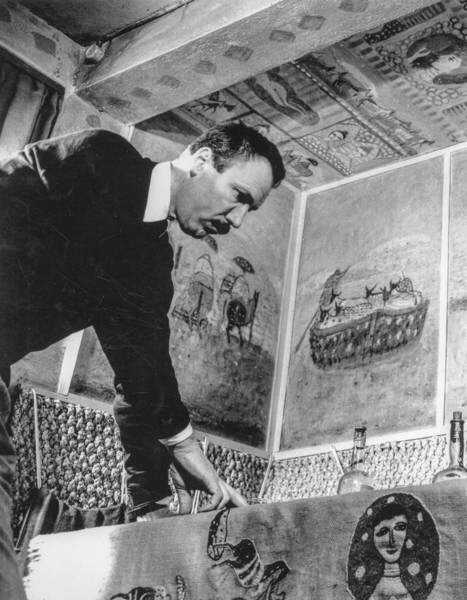It is, when talking about Zoran Music, to truthfulness, which is required in the witness stand of the World Court of Appeals.
Zoran Music obscures the language of the hanged and those of the hangmen and those who are mercifully intoxicated by life, and who are safe. If even the love-sigh breaks the language, much more the rattle of the wounded.
He says, “We are not the last”. It does not matter to which nation the meat originates that was shoveled into crematoria ovens in Auschwitz, or pushed into the pit by bulldozers in Croatia and Bosnia. The children in the rattling concrete machines, it happened to the children in Bosnia, speak the toneless language of their previous comrades from Dachau, from Trblinka: “We are not the last ones”.
(Siegbert Metelko, 1992 catalog, gallery friend)
“After death (after Dachau) I found my way back to life, yes, but I was not the same anymore, I lost my exuberance, I was less extroverted, I realized that the outside world has become less and less important to me is and that I have escaped from the superficial.
All are equal before death and even the things we old for the most important are in truth not worth much.
This is the treasure that I took from this terrible time. A treasure that was of particular use to me, both as a person and as a painter. A treasure that I absolutely do not want to lose. I hope that this vision will stay in my subconscious forever. “
Zoran Music: Dialogo con l’autoritratto, Paolo Levi, Electa, Milano, 1992
